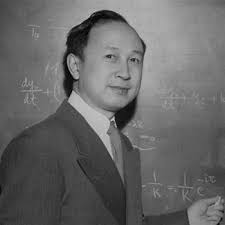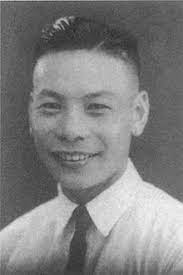Soong Ch'ing-ling (1892-), was the wife of Sun Yat-sen. She was active in social welfare work, and after 1949 she held a variety of posts in the People's Republic of China. The second daughter of Charles Jones Soong (q.v.), Soong Ch'ing-ling was born in Shanghai. Like her elder sister, Soong Ai-ling, she received her early […]









